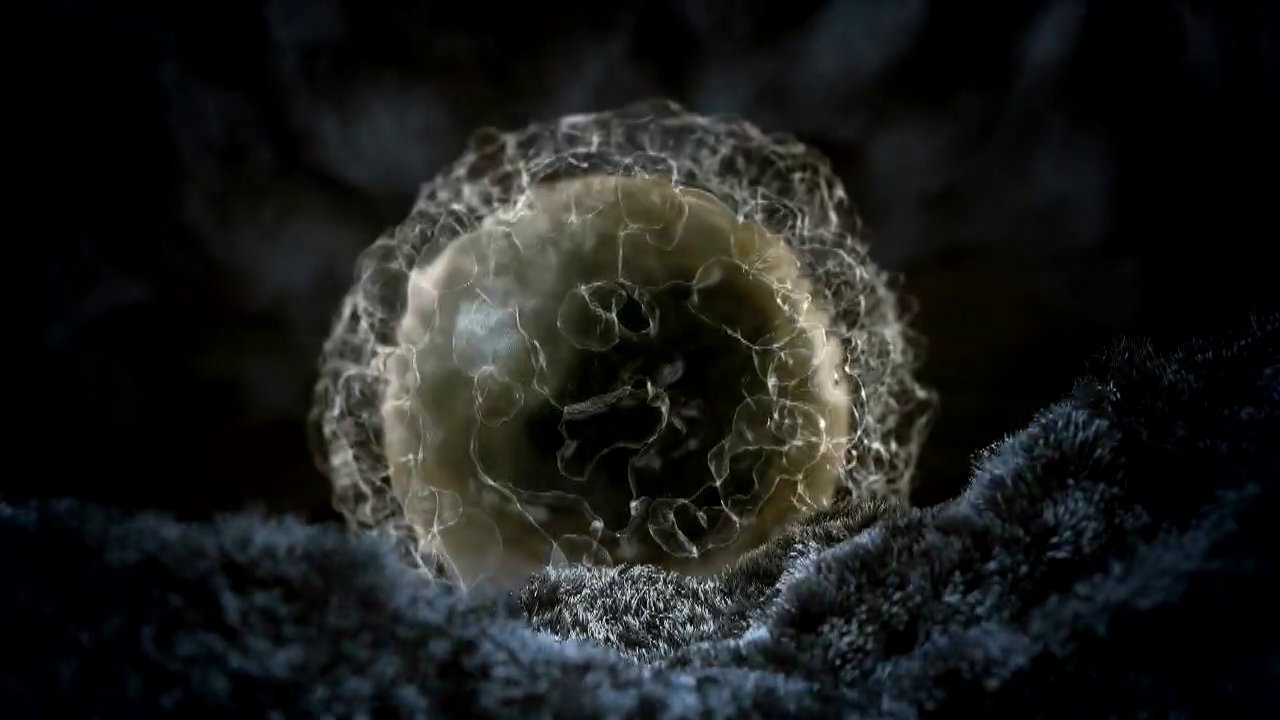Doubts, questions and answers about egg vitrification
Índice
- 1 What is the egg vitrification about?
- 2 How long can my eggs remain frozen without damage?
- 3 Can my fertility be affected or reduced after vitrification if I later want to naturally get pregnant?
- 4 What is the appropriate age to vitrify my eggs for a future use?
- 5 Up to what age could I be a mother with my vitrified eggs?
- 6 After having the eggs vitrified, what is the process to become a mother?
- 7 Will I have any side effects after vitrifying my eggs?
- 8 Has the egg vitrification any side effect for the baby?
- 9 What are the vitrification benefits after undergoing oncologic therapies?
- 10 What are the survival rates after defreezing?
What is the egg vitrification about?
Vitrification technique is a relatively new freezing technique based on avoiding the ice crystals formation inside the cells when temperatures below 0 are reached (freezing), therefore, protecting them from their destruction. We can vitrify embryos or eggs.
How long can my eggs remain frozen without damage?
Once we have vitrified the oocytes, they don’t deteriorate over time, they remain in exactly the same conditions as at the time of vitrification, thus, they can be frozen indefinitely.
Can my fertility be affected or reduced after vitrification if I later want to naturally get pregnant?
No, fertility is not affected by performing an ovarian stimulation cycle to vitrify eggs. The ovary, in conditions of good fertility, has a sufficient oocyte reserve.
What is the appropriate age to vitrify my eggs for a future use?
There is no minimum age or maximum age to vitrify your eggs.
It’s true that is necessary to have a good ovarian reserve and sufficient oocyte quality for freezing to offer guarantees, and this is usually associated with younger patients, but each patient or each case is different.
Up to what age could I be a mother with my vitrified eggs?

The age to become a mother is not set by the oocytes, as they will present the same characteristics as the day they were frozen. The age is set by the mother, that is, the age at which the mother can carry a healthy pregnancy to term both for herself and for the future baby will be considered as the maximum limit. This maximum age is currently considered to be around 51 years old.
After having the eggs vitrified, what is the process to become a mother?
Process is very simple. It doesn’t require hormones to stimulate the ovaries, or complicated treatments. All that is needed is to prepare the endometrium, which is the part of the uterus that should host the embryos in the best possible way. When everything is perfect, the eggs will be fertilized and the embryo selected in the laboratory will be transferred to the mother’s uterus.
Will I have any side effects after vitrifying my eggs?
There are no specific side effects of eggs freezing.
The only side effects that could occur are those derived from a controlled ovarian stimulation cycle. But even if the goal is the vitrification of the oocytes, the protocols are adapted to minimize the possible discomfort.
Has the egg vitrification any side effect for the baby?
Children born after undergoing in vitro fertilization treatment with vitrified eggs don’t present differences from children born from assisted reproduction treatments in which vitrification has not been used, therefore, the eggs vitrification will not influence the future child.
What are the vitrification benefits after undergoing oncologic therapies?
Vitrification benefits in cases of cancer therapy, make the previous egg vitrification very useful to preserve the fertility of those women who need chemotherapy or radiotherapy treatment that affects their reproductive function.
What are the survival rates after defreezing?
Scientific achievements and the extensive experience of our team of biologists in the vitrification technique allow high survival rates of about 95%.
Dr Dori Rodríguez, biologist at Instituto Bernabeu.
